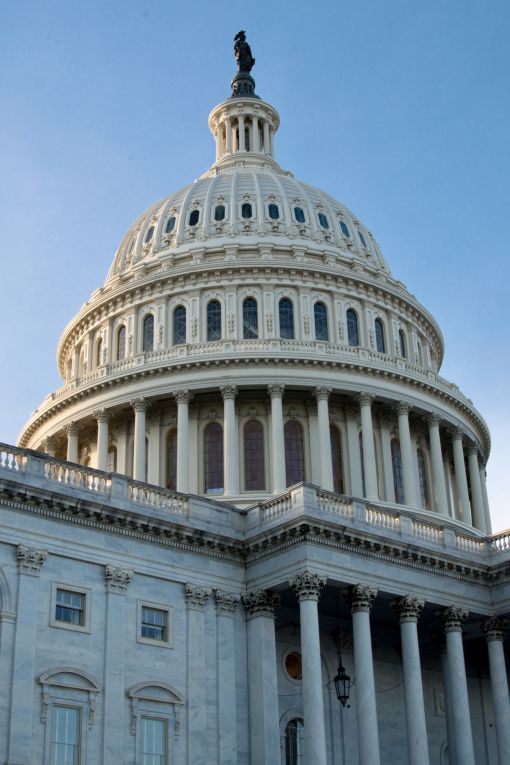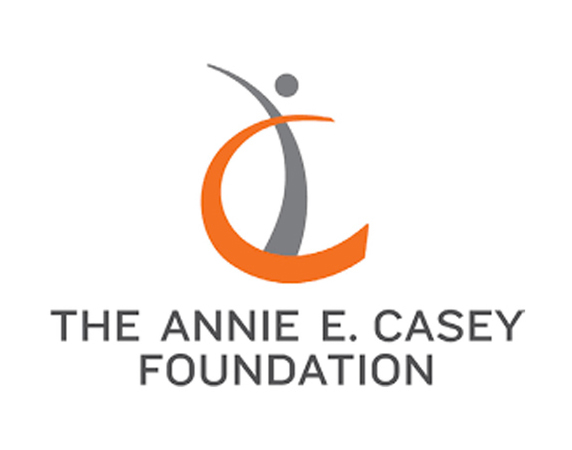
A Note About the Family First Prevention Services Act of 2018
The FFPSA made dramatic changes to federal financing in child welfare by opening up new avenues of funding for prevention services to keep youth out of foster care and placing new requirements on child welfare agencies and courts to reduce unnecessary institutional care placements. The FFPSA contains key provisions that can support advocates in arguing for placement with family and against institutional care, including limitations on when institutional care can be federally funded, enhanced requirements for certain types of residential facilities (Qualified Residential Treatment Programs, or QRTPs), and court oversight of certain institutional placements.
Due to its utility to advocates, many of the guides and resources on the Every Kid Needs a Family site reference the provisions and language of FFPSA. However, an attorney using these resources may practice in a jurisdiction that has not yet opted into FFPSA. Although it is important to know whether FFPSA applies in your jurisdiction, the relevant material on this site can still provide a useful framework to attorneys in advocating around prevention services, reasonable efforts and institutional care placements, as the information and recommendations are based in best practices.
For a summary of statutory law related to Institutional Care Placements, go to the

Indian Child Welfare Act
One well-known child welfare response to massive institutional placement that emphasizes keeping families and communities together is The Indian Child Welfare Act (ICWA). Congress passed ICWA in 1978 after many hearings and reports that detailed the systematic policies and practices that removed Indian children from their homes and communities and placed them in non-Indian foster homes, orphanages, and other institutions. Understanding ICWA principles and incorporating them into policies and advocacy in all child welfare cases will help to reduce reliance on institutional care. In the 2022-2023 session, the United States Supreme Court is considering a case challenging ICWA’s constitutionality. Ten major child welfare organizations, including Casey Family Programs, the Annie E. Casey Foundation, and the Child Welfare League of America filed an amicus brief arguing that ICWA represents best practice in all child welfare cases and should be upheld. Also see Casey Family Program’s briefing paper, How Can Child Welfare Systems Apply the Principles of the Indian Child Welfare Act as the “Gold Standard” for All Children?
Explore the data
To view an interactive map with the most recent data on institutional care placements and the eight-year trend for each state, visit the Annie E. Casey Kids Count Data Center.





